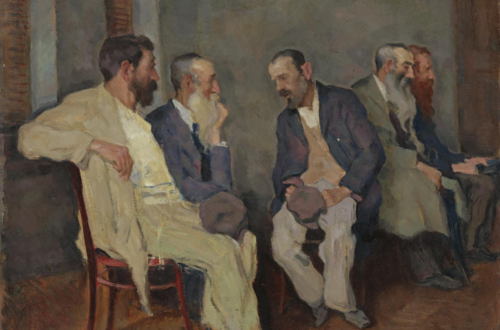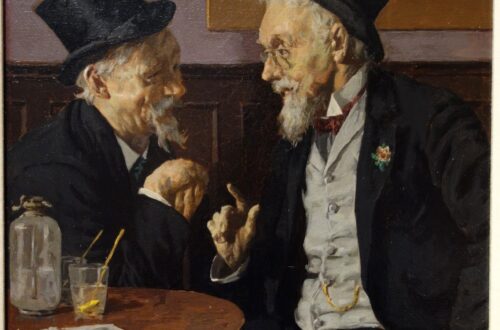Waffle is speech or writing that appears thoughtful at first glance, but has no discernible content. The New Civics Statement is waffle:
The New Civics initiative starts with the assumption that a central aim of civic education is to prepare young people to act with civic purpose and to do so effectively and with good judgment. Like others, we presume that individuals must be educated for citizenship and that schools have a historic mandate to develop young people’s knowledge, skills, and dispositions for responsible citizenship. At the same time, we expand the scope of civic learning for civic action beyond the school; as community organizations, political parties, and many other groups have both the interest and the capacity to contribute to this critical aim. If the goal is to prepare young people to act in informed and mature ways, what civic knowledge, skills, dispositions, and attitudes do they need to learn or develop? How do young people learn these building blocks for civic participation? Broadly speaking, how can education, in whatever form it takes and wherever it occurs, contribute to more effective programs and practices to achieve this goal?
The New Civics initiative area invites research proposals that ask critical questions about how education can more effectively contribute to the civic development of young people. As a start, we ask what experiences, environments, and contexts help young people, from all walks of life, develop the habits, skills, understandings, and dispositions that encourage informed participation in civic affairs. In so doing we seek to connect to a tradition of civic education inside schools, both to reassert its legitimacy as a primary aim of public schooling, and to reimagine what civic education might include. Yet civic development also occurs outside classrooms and schools, and we underscore our interest in research about civic action and learning in those contexts as well. Our ultimate aim is to contribute to educational improvement by supporting high-quality research studies that can lead to better-designed, more effective programs, policies, practices, and settings that prepare young people to act and to do so in informed and reasoned ways.
What are we to take from this broadside of babble? A simple sentence: The aim of civic education is to help people to be good citizens. It tells us nothing about what a civilization should be, nor which civilization it refers to, nor even what makes such an aim different from the aim of ‘old’ civics. And what is a good citizen as opposed to a bad one? It doesn’t even say what civics is! It is vacuous waffle. And vacuous waffle does not a civilization make.



